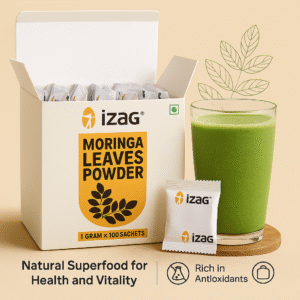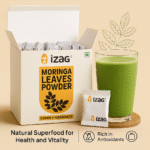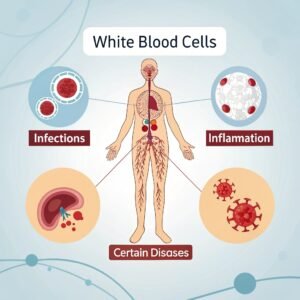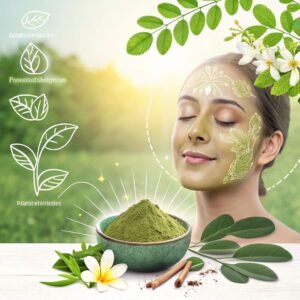Discover how this nutrient-rich algae may support clearer skin and reduce inflammation naturally.
When it comes to clear skin, most people turn to creams and cleansers—but what about nutrition? One question that’s gaining attention is: Can spirulina help with acne or inflammation? Spirulina, a blue-green algae rich in nutrients, is being studied for its powerful antioxidant and anti-inflammatory effects. According to the National Institutes of Health (NIH), spirulina contains compounds like phycocyanin, which help reduce oxidative stress and may lower inflammation in the body (NIH, 2021).
How Can Spirulina Help with Acne or Inflammation?
To understand the answer to “Can spirulina help with acne or inflammation?”, we need to look at its active components. Spirulina is packed with vitamins A, E, and B complex—nutrients that support skin regeneration and reduce excess oil production. Moreover, its high antioxidant content helps neutralize free radicals, which are known to trigger breakouts and premature skin aging.
Inflammation plays a major role in acne development. The redness, swelling, and pain associated with breakouts are all signs of an inflammatory response. The U.S. Department of Agriculture (USDA) notes that spirulina may help regulate immune activity and reduce chronic inflammation, thanks to its high concentration of gamma-linolenic acid (GLA), a natural anti-inflammatory compound (USDA, 2020).
Using Spirulina Safely: Can Spirulina Help with Acne or Inflammation?
If you’re considering spirulina as part of your skincare routine, you have options. You can take it as a supplement or apply it topically in DIY masks. However, not all spirulina is created equal—ensure you choose lab-tested, contaminant-free products. Contaminated spirulina may cause adverse effects, especially if harvested from unregulated sources.
In conclusion, can spirulina help with acne or inflammation? The answer appears promising. While more human studies are needed, early research supports spirulina’s anti-inflammatory potential. Combined with a healthy diet and good skincare, spirulina might just be the natural boost your skin needs.
NOTE: – IT IS ALWAYS RECOMMENDED TO CONSULT YOUR HEALTH CARE PROFESSIONAL. ALL DATA SHARED HERE ARE FOR EDUCATIONAL PURPOSES ONLY.
https://pmc.ncbi.nlm.nih.gov/articles/PMC3136577/









